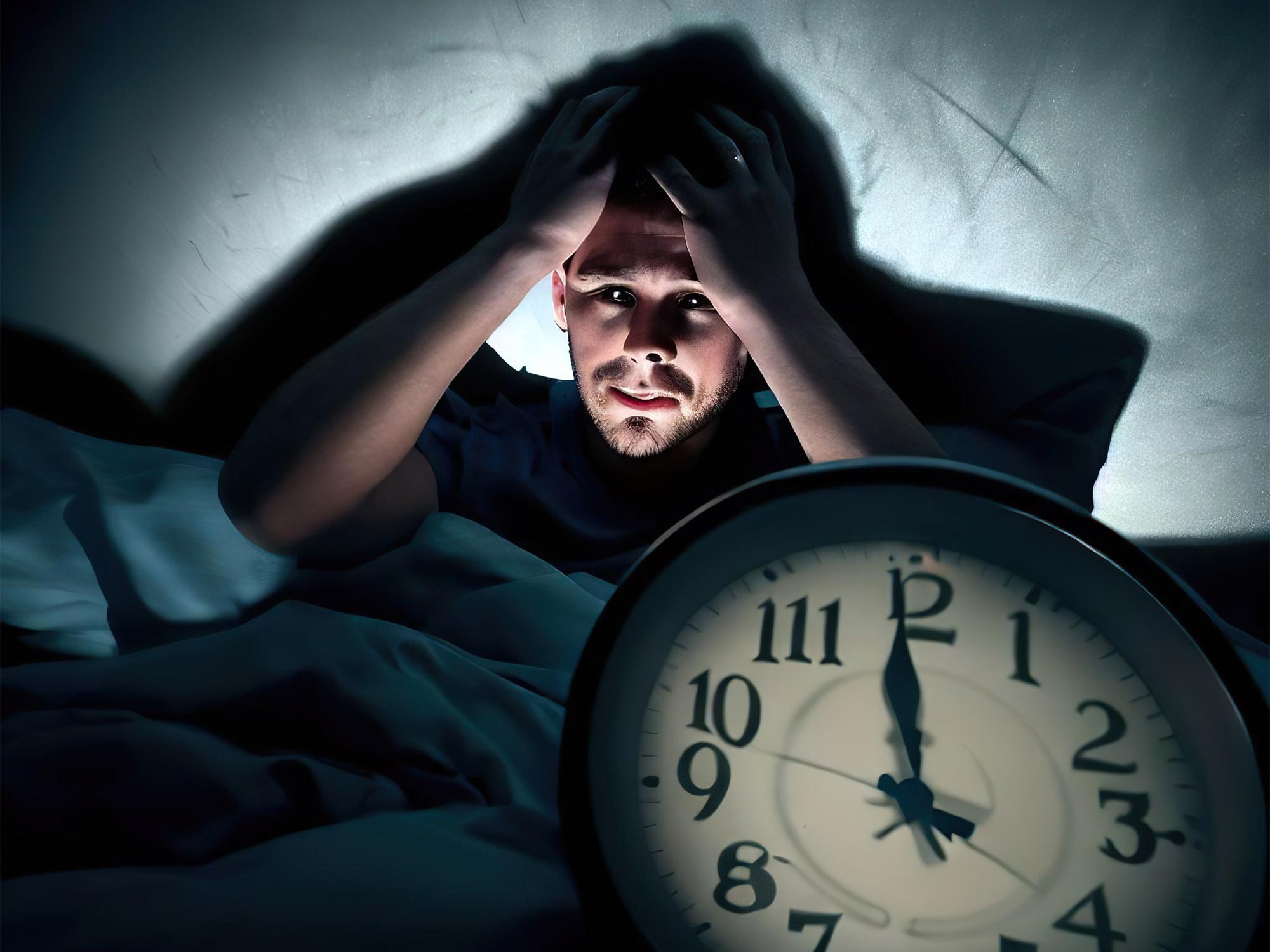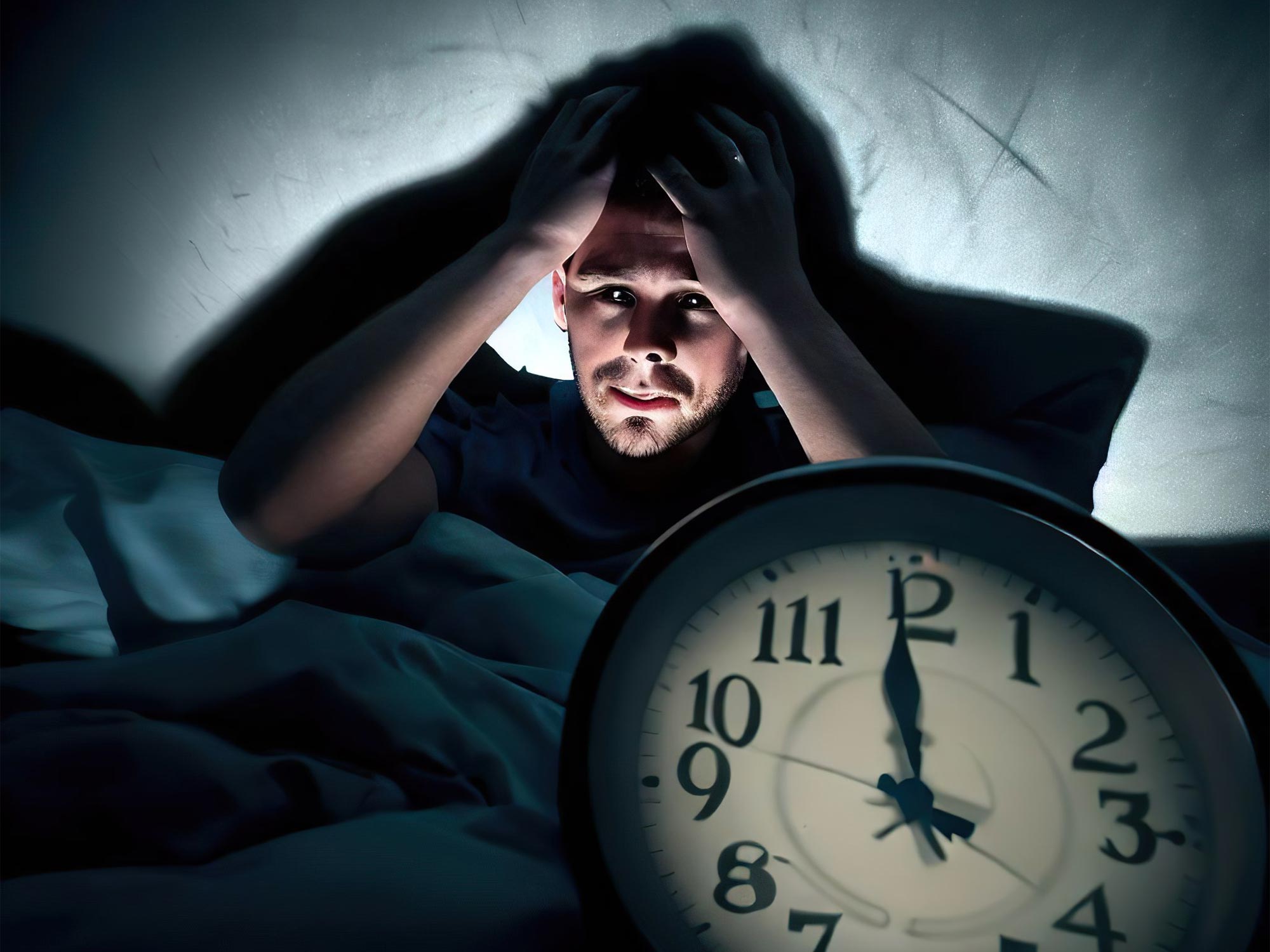
La ricerca indica che il comportamento di guardare l’orologio mentre si cerca di addormentarsi peggiora i sintomi dell’insonnia e aumenta l’uso di ausili per il sonno. Lo studio, che ha esaminato quasi 5.000 pazienti in una clinica del sonno, ha rivelato che il comportamento di monitoraggio del tempo innesca un ciclo di ansia per non dormire a sufficienza, che porta a un aumento dello stress e difficoltà ad addormentarsi. Di conseguenza, è probabile che le persone si rivolgano a farmaci per dormire nel tentativo di riprendere il controllo del proprio sonno. Un semplice intervento comportamentale, che eviti di controllare l’ora, può aiutare a gestire l’insonnia in modo più efficace.
La ricerca dell’Università dell’Indiana guidata da Spencer Dawson ha scoperto che guardare l’orologio mentre si cerca di addormentarsi aggrava l’insonnia e promuove l’uso di sonniferi. Lo studio suggerisce che evitare di controllare l’ora può essere una soluzione semplice ed efficace per gestire l’insonnia.
Secondo una ricerca di un professore dell’Università dell’Indiana, guardare un orologio mentre si cerca di dormire peggiora l’insonnia e l’uso di ausili per dormire, e un semplice cambiamento può aiutare le persone a dormire meglio.
La ricerca, guidata da Spencer Dawson, professore assistente clinico e direttore associato per la formazione clinica presso il Dipartimento di scienze psicologiche e cerebrali del College of Arts and Sciences, si concentra su un campione di quasi 5.000 pazienti che si presentano per cure nella clinica del sonno.
L’insonnia colpisce tra il 4 e il 22% degli adulti ed è associata a problemi di salute a lungo termine tra cui[{” attribute=””>cardiovascular disease, diabetes and depression.
Participants completed questionnaires about the severity of their insomnia, their use of sleep medication and the time they spent monitoring their own behavior while trying to fall asleep. They were also asked to report any psychiatric diagnoses. Researchers conducted mediation analyses to determine how the factors influenced each other.

Spencer Dawson. Credit: Indiana University
“We found time monitoring behavior mainly has an effect on sleep medication use because it exacerbates insomnia symptoms,” Dawson said. “People are concerned that they’re not getting enough sleep, then they start estimating how long it will take them to fall back asleep and when they have to be up. That is not the sort of activity that’s helpful in facilitating the ability to fall asleep — the more stressed out you are, the harder time you’re going to have falling asleep.”
As the frustration over sleeplessness grows, people are more likely to use sleep aids in an attempt to gain control over their sleep.
The results are published in The Primary Care Companion for CNS Disorders. Additional co-authors are Dr. Barry Krakow, professor of psychiatry and behavioral health in the Mercer University School of Medicine; Patricia Haynes, associate professor in the Mel and Enid Zuckerman School of Public Health at the University of Arizona and Darlynn Rojo-Wissar, a postdoctoral fellow at Alpert Medical School of Brown University.
Dawson said the research indicates a simple behavioral intervention could provide help for those struggling with insomnia. He gives the same advice to every new patient the first time they meet.
“One thing that people could do would be to turn around or cover up their clock, ditch the smart watch, get the phone away so they’re simply not checking the time,” Dawson said. “There’s not any place where watching the clock is particularly helpful.”
Reference: “Use of Sleep Aids in Insomnia: The Role of Time Monitoring Behavior” by Spencer C. Dawson, PhD; Barry Krakow, MD; Patricia L. Haynes, PhD; Darlynn M. Rojo-Wissar, PhD, MPH; Natalia D. McIver, PhD and Victor A. Ulibarri, BS, 16 May 2023, The Primary Care Companion for CNS Disorders.
DOI: 10.4088/PCC.22m03344
With 15 years of of research and clinical experience in the sleep field, Dawson is interested in comparing individuals’ sleeping experiences with what is concurrently happening in their brains. He trains and supervises doctoral students in the Department of Psychological and Brain Science’s Clinical Science Program.

